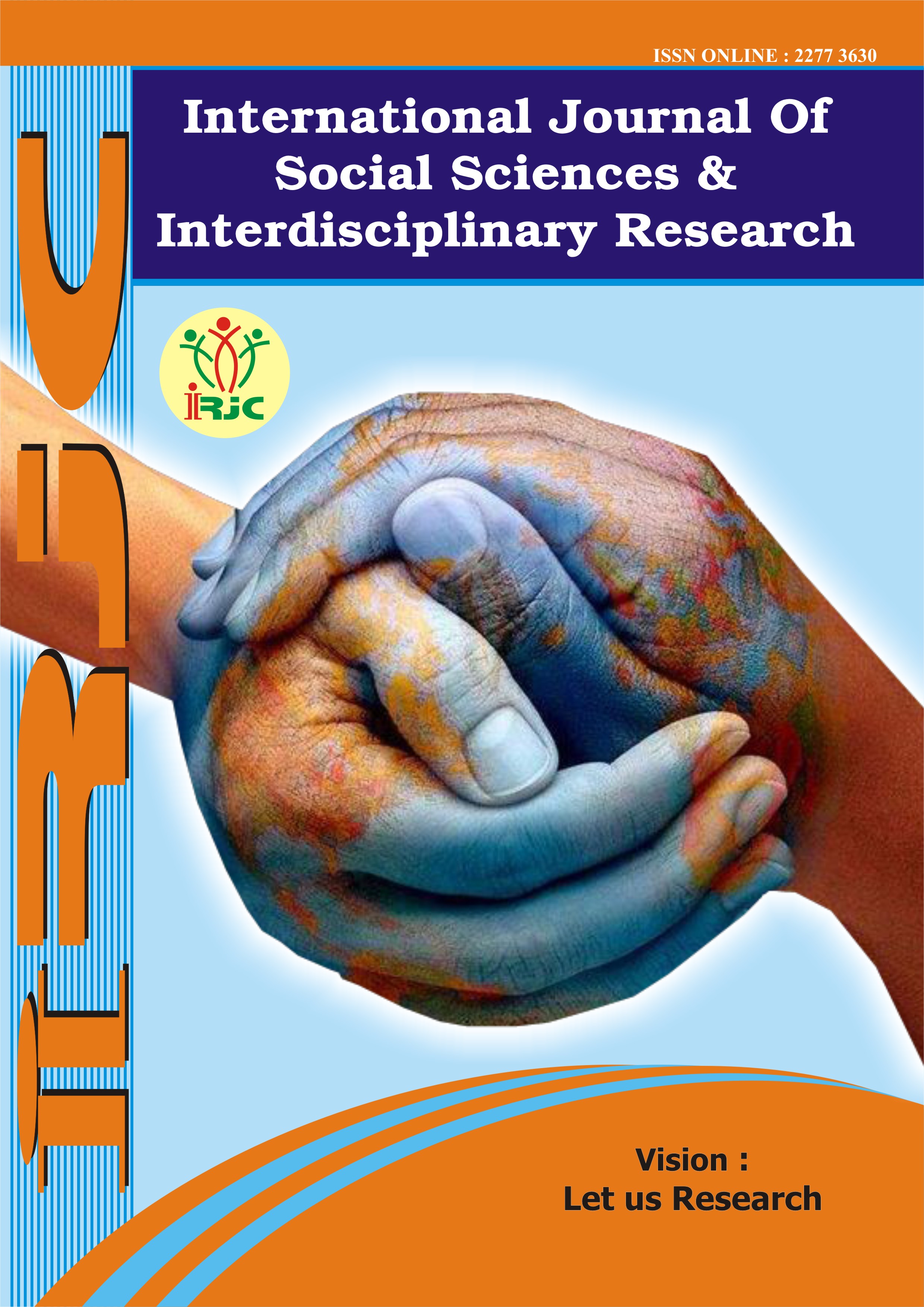Interrogating the Stereotypical Images of Women in Taslima Nasrin’s Lajja
Abstract
The present paper is a modest attempt to unveil the deeply rooted patriarchal structure in the religiously traditional society through the critically acclaimed novel of the Bangladeshi writer, Taslima Nasrin’s Lajja. The novel urges the entire humanity to think critically about the existing cultural practices that are oppressive and cause female subjugation. Lajja serves as a significant commentary on the multifaceted aspects of female oppression, raising critical questions about identity, autonomy, and societal structure. Violence against women, to some extent, is the result of gender relations which assume that men are better than women. Women are expected to conform to traditional expectations of subservience and obedience, often sacrificing their desires and ambitions for the sake of family honour and societal acceptance. The writer has used her works as a medium of revolt against the patriarchal system and demands for women’s freedom, equality and dignity.





